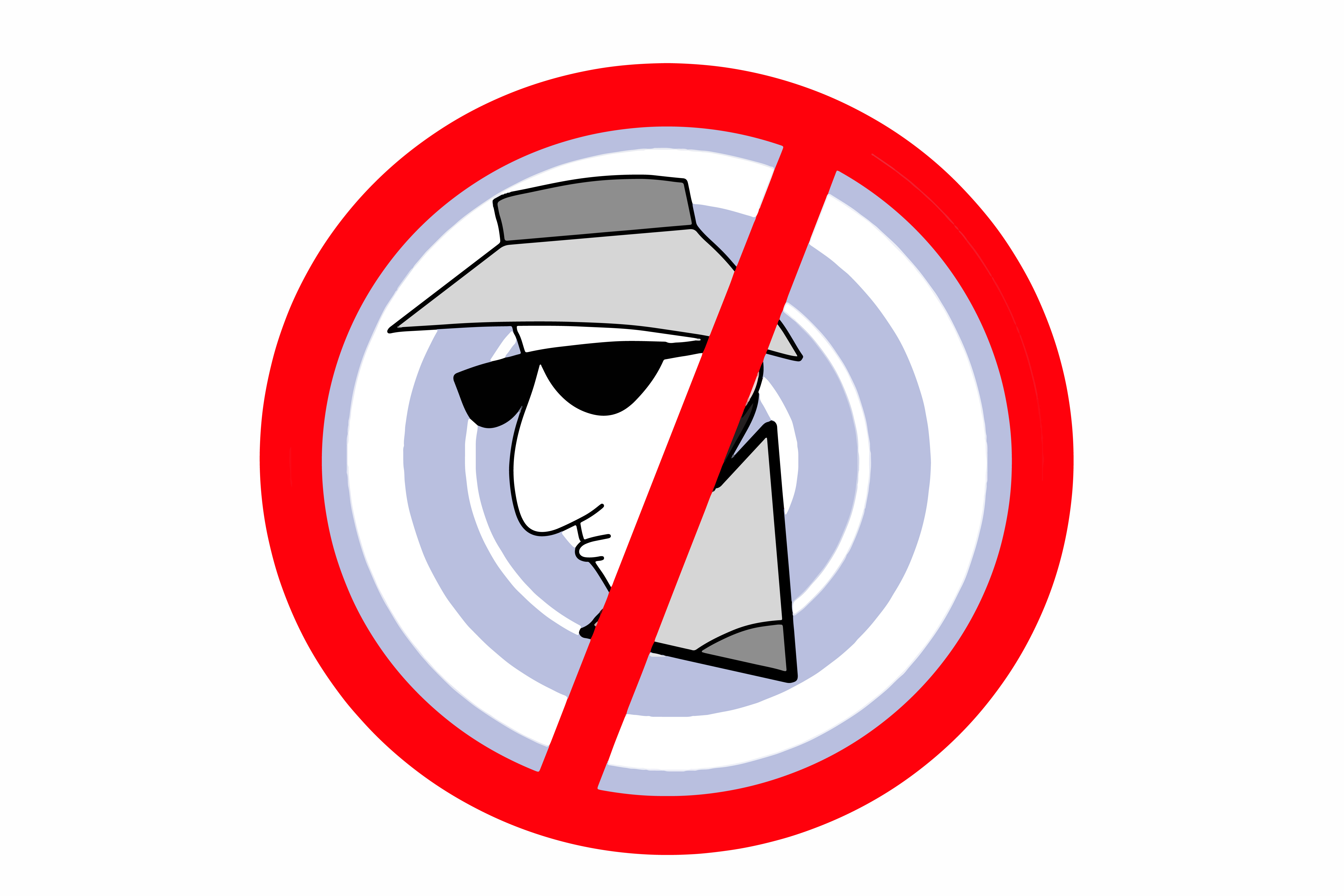“Whistleblower Rule #1: Hope for the best, prepare for the worst – and expect the unexpected.”
Do you know that something is not right at your workplace – like tax fraud, securities fraud, healthcare or government fraud? Perhaps you’ve asked your coworkers or supervisors about it and were shocked or disappointed when they told you to ignore it. Maybe you have tried to change it. You might even feel that you are a part of it…and you can’t stop thinking about it.
Are you asking yourself: Is it time to blow the whistle?
Blowing the whistle – especially using the False Claims Act and other qui tam laws that allow the whistleblower to help the government investigate and prosecute the fraud and share a part of any penalty the defendant pays – can be an effective way to do that.
But it is not an easy way. Blowing the whistle is a tough and lengthy process. You will be told you are wrong and then be accused of lying. You will face retaliation from your boss. Colleagues and friends who you thought would help you, will turn their backs.
Blowing the Whistle Takes Careful Strategic Planning
This is why you need a good lawyer, with experience in the whistleblowing process, at your side as you blow the whistle. As General Eisenhower said of war:
“In preparing for battle I have always found that plans are useless, but planning is indispensable.”
The same is true of blowing the whistle. Qui tam cases are different than most traditional litigation. Metaphorically speaking, they are castle sieges, not cavalry charges. These cases take years and require different tactics than traditional litigation. They depend more on planning and strategy than on courtroom theatrics or aggressive, clever-motions practice. That’s why it is important to have a lawyer who understands how qui tam cases work, how they develop and how to navigate the different stages – each of which require unique tactical decisions.
The two most important factors in a successful whistleblower case are: (1) the information you have about the fraud, and (2) a strong plan for how to most persuasively and effectively present that information to the government. The plan must also minimize the risk of retaliation as well as minimize retaliation once it happens.
Even more, being a successful whistleblower is often more complex than having a successful qui tam case. It includes not only whether you get a reward at the end of the case, but also (1) fixing the fraud – to the extent you have power to do so, (2) minimizing the retaliation you face, and (3) protecting your career, to the extent possible. It is important that your plan includes all of these factors, not just the legal merits.
What is “TheWhistleblower.com”
Tim created this website to provide honest, no-holds-barred insight into what whistleblowing really means for the personal and professional lives of potential whistleblowers just like you.
The goal of the videos and blogs is to demystify the process for all whistleblowers, whether you hire him or not. This website is not a substitute for getting actual legal advice specific to your case, instead it provides potential whistleblowers with important information about the process to determine whether to move forward.
World-Class Whistleblower Protection That Works
Attorney Tim McCormack is highly experienced in qui tam whistleblower cases. He returned home to Maine after 15 years practicing in large firms in Washington, D.C., where he successfully represented whistleblowers in cases large and small across the United States, United Kingdom, European Union, Canada and beyond.
Under Tim’s counsel, his courageous clients have helped governments recover more than $550 million while safeguarding their families and, in many cases, receiving substantial financial rewards. He stood by them while they paid the high personal and professional price of speaking truth to power.
Tim continues to represent select whistleblowers throughout the country, serving as lead attorney on cases while partnering with specialized co-counsel who have the appropriate expertise and capacity that match the needs of the case. He also serves as a consultant on whistleblower cases filed and led by other attorneys, especially cases involving healthcare regulatory and reimbursement issues.
Let’s Talk
Tim is happy to discuss the specifics of your potential whistleblower case. But if you’re not quite ready for that step, he will gladly brainstorm ways to think about the issues you are facing. (He cannot provide detailed legal advice until and unless you are his client.)
If you are worried about what is happening in your workplace, schedule a completely free and totally confidential talk with Tim. No matter what you decide to do, his honest assessment of your case will help you to see your options clearly and chart your course with confidence.
Call 207-747-7639 or submit a case evaluation form to schedule a free, no-obligation, and completely confidential whistleblowing case review today.


